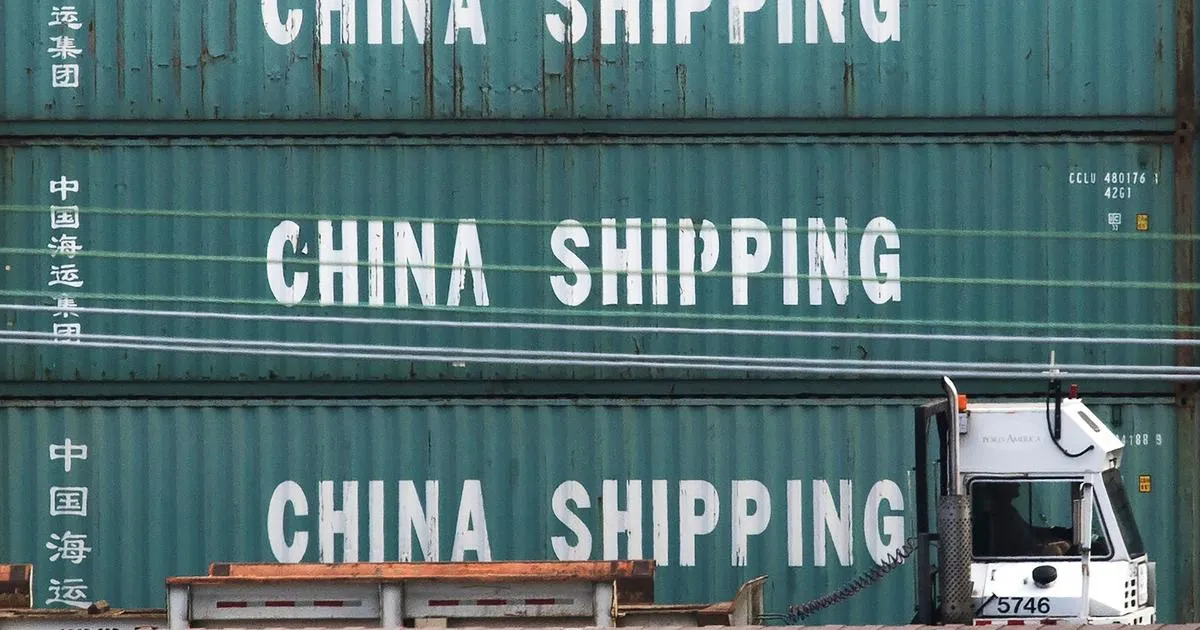Can Trump Impose Tariffs Unilaterally? Expert Opinions on the Complexity

Can Trump impose tariffs without Congress? Experts dissect the intricate legal landscape surrounding unilateral tariff imposition. While President-elect Trump has ambitions to implement wide-ranging tariffs, the implications aren't straightforward and involve a complex interplay of legal frameworks and political will. In this article, we explore the insights from leading experts on how these tariff actions could unfold despite potential pushback from Congress.
Understanding the Legal Framework
Analysts note that the Constitution grants Congress the power to regulate commerce. However, past measures have paved the way for executive action in trade matters. Trump's proposed tariffs raise questions about their legality and potential challenges.
Political Implications
The political fallout of any unilateral tariff action cannot be understated. Experts predict significant backlash from Congressional leaders. This tension complicates the landscape as Trump strives to fulfill his promises while staying within legal boundaries.
Experts Weigh In
- Legal Scholars: Assert that Congress's power is paramount.
- Trade Analysts: Caution about potential retaliatory measures.
- Political Scientists: Warn of possible escalation in partisan conflict.
This article was prepared using information from open sources in accordance with the principles of Ethical Policy. The editorial team is not responsible for absolute accuracy, as it relies on data from the sources referenced.